We begin by distinguishing computationalism from a number of other theses that are sometimes conflated with it. We also distinguish between several important kinds of computation: computation in a generic sense, digital computation, and analog computation. Then, we defend a weak version of computationalism—neural processes are computations in the generic sense. After that, we reject on empirical grounds the common assimilation of neural computation to either analog or digital computation, concluding that neural computation is sui generis. Analog computation requires continuous signals; digital computation requires strings of digits. But current neuroscientific evidence indicates that typical neural signals, such as spike trains, are graded like continuous signals but are constituted by discrete functional elements (spikes); thus, typical neural signals are neither continuous signals nor strings of digits. It follows that neural computation is sui generis. Finally, we highlight three important consequences of a proper understanding of neural computation for the theory of cognition. First, understanding neural computation requires a specially designed mathematical theory (or theories) rather than the mathematical theories of analog or digital computation. Second, several popular views about neural computation turn out to be incorrect. Third, computational theories of cognition that rely on non-neural notions of computation ought to be replaced or reinterpreted in terms of neural computation.
Neural Computation and the Computational Theory of Cognition
Gualtiero Piccinini, Sonya Bahar
Cognitive Science
Volume 37, Issue 3, pages 453–488, April 2013
http://dx.doi.org/10.1111/cogs.12012
Via
Complexity Digest
 Your new post is loading...
Your new post is loading...
 Your new post is loading...
Your new post is loading...



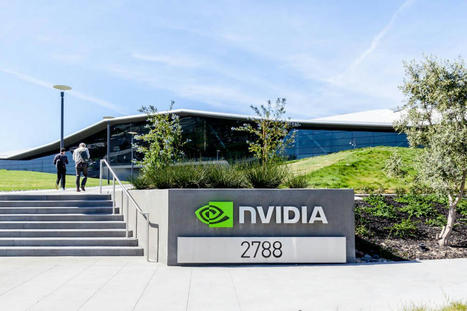

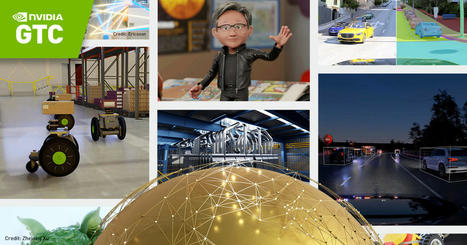


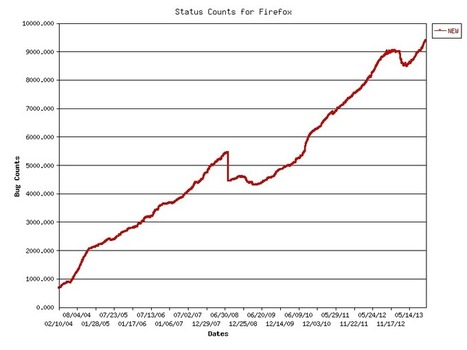
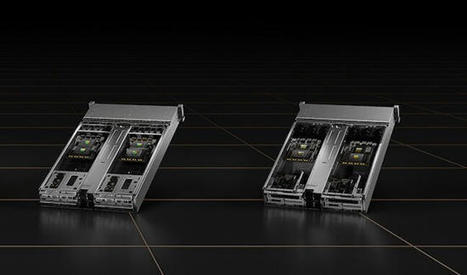
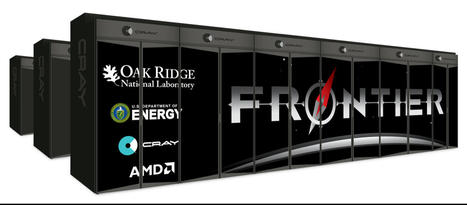
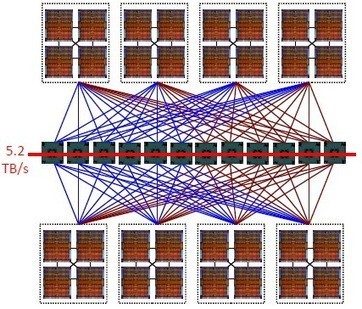


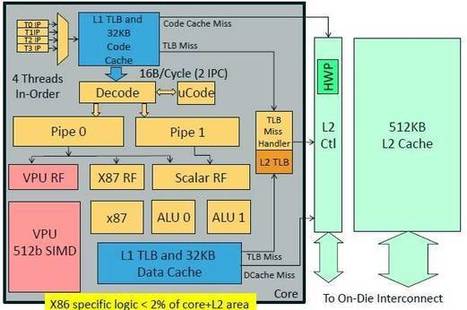






NVIDIA is getting involved in standards for parallelization of compute at language level - this is likely a very good thing (and it won;t hurt them selling hardware either).